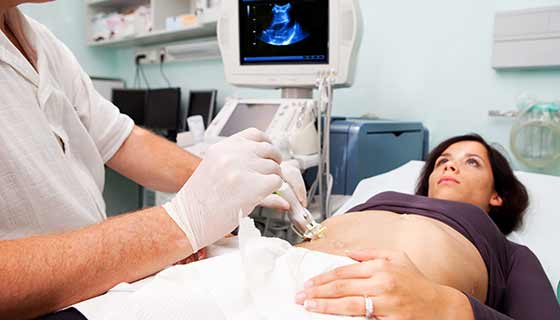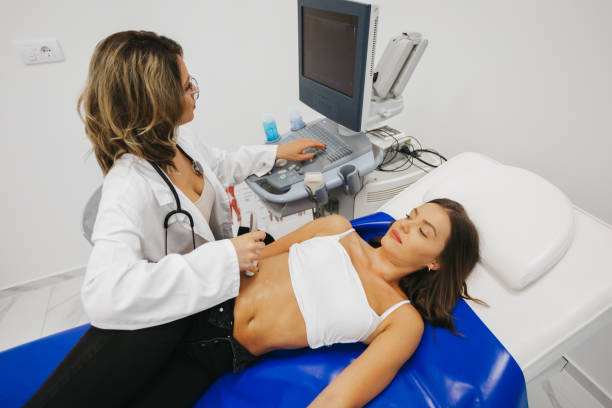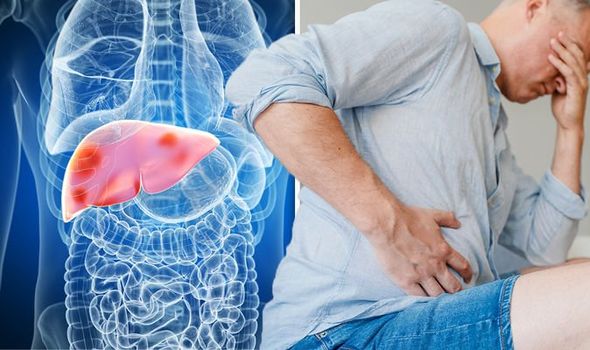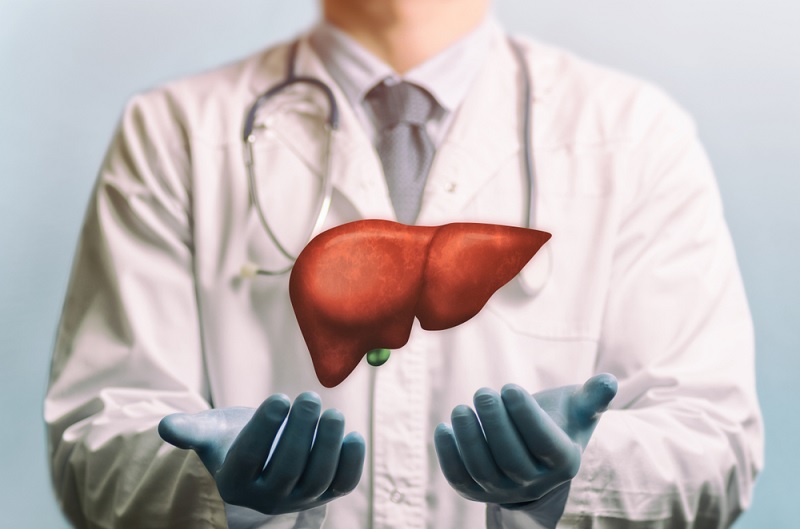Healthbeauty123.com – A person suffering from Liver Sclerosis will usually have no symptoms at all during the early stages. As the disease advances, however, there may be a variety of symptoms to be aware of. One of the most common symptoms is jaundice, a yellow color caused by bilirubin in the blood. Symptoms may also include fatigue, weakness, bloating, and easy bruising. In rare cases, people with this disease can also experience itching or nausea.
Early Symptoms of Liver Sclerosis
Liver sclerosis is not an acute condition, and it’s often caused by chronic injuries or diseases to the liver. It can also be triggered by exposure to toxic chemicals, drug reactions, or parasitic infections. Early symptoms include no noticeable symptoms, but it can progress to cause yellow skin and whites of the eyes. Once it’s advanced, it can cause cirrhosis, an enlargement of the liver, and other complications.
Treatment for Liver Sclerosis varies, depending on its causes, symptoms, and complications. Typically, the main goal of treatment is to slow down the progression of scar tissue in the liver. Treatment options may include diet and exercise. Sometimes, medication cannot stop the progression of the disease. In such cases, a liver transplant may be necessary. Although it may seem scary, liver transplants are a viable option for those with advanced sclerosis.

Patients suffering from liver sclerosis should follow a meal plan that is balanced and contains all of the essential nutrients and vitamins they need. Raw shellfish and some seafood should be avoided since they can cause severe bacterial infections. A low-sodium diet is recommended as a general guide to improving nutrient intake. Avoid alcohol as this is considered a major cause of Liver Sclerosis and can even worsen the condition. Patients suffering from this condition should also avoid risky sex activities and get vaccinations for hepatitis B.
Diagnosis of Liver Sclerosis Begins with History
The diagnosis of Liver Sclerosis begins with a comprehensive medical history and physical exam. The condition may also cause the development of esophageal varices, which are bulging veins in the esophagus. These are caused by blood backup in the esophagus. In such cases, the doctor may use interferon or other medications. For some, however, the treatment of Liver Sclerosis may include a course of antiviral treatment.
Other complications of Liver Sclerosis include ascites, a pathologic accumulation of fluid in the peritoneal cavity. While it may take many years for the symptoms of the disease to appear, some may become noticeable as the condition progresses. Portal hypertension is the most serious complication and results from a blockage in blood flow through the liver. Varices can also develop, which are enlarged veins that can cause severe internal bleeding.

Fibrosis 4 score is an objective marker for Liver Sclerosis. Fibrosis 4 scores are calculated from the serum aminotransferases, platelet count, and age of the patient. In addition to impaired flow through the liver, vascular damage increases the stiffness of the liver, which may contribute to new HF or increase the risk of cardiovascular events. Although the risk of HF is unclear, it is important to know more about the underlying pathophysiology of Liver Sclerosis.
Causes Blood Clots and Enlarged Liver
Early stages of Liver Sclerosis can be difficult to detect, which is why it is important to be examined by a physician as soon as possible. Early symptoms of the disease may be mistaken for other illnesses. Symptoms can include jaundice, liver failure, and liver cancer. It can also affect other organs in the body. For example, cancer in the pancreas and bile ducts can prevent the proper function of the liver. This type of disease can result in blood clots that can block the ducts and lead to an enlarged liver.\

In late stages of liver disease, scar tissue replaces healthy liver cells. This disease often results from alcohol addiction or infection. It cannot be fixed, but treatment early on will help keep symptoms in check. The liver is an organ the size of a football that filters toxins and makes enzymes to digest food. It also stores sugar and nutrients and fights infections. It is a vital organ for healthy people, and early diagnosis can help avoid serious complications later.
Reference:






